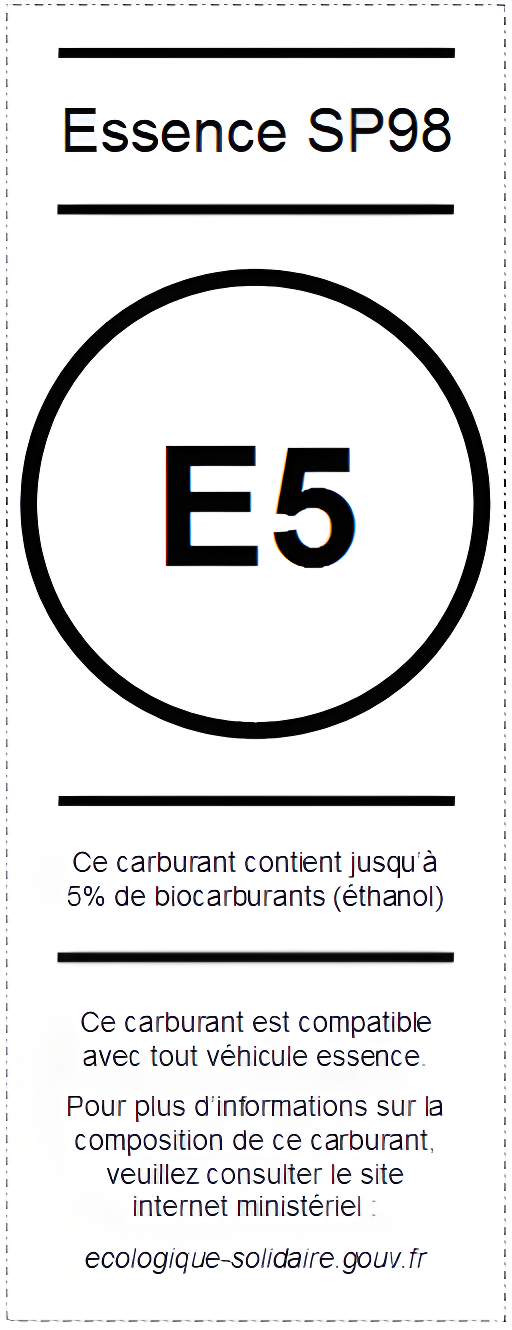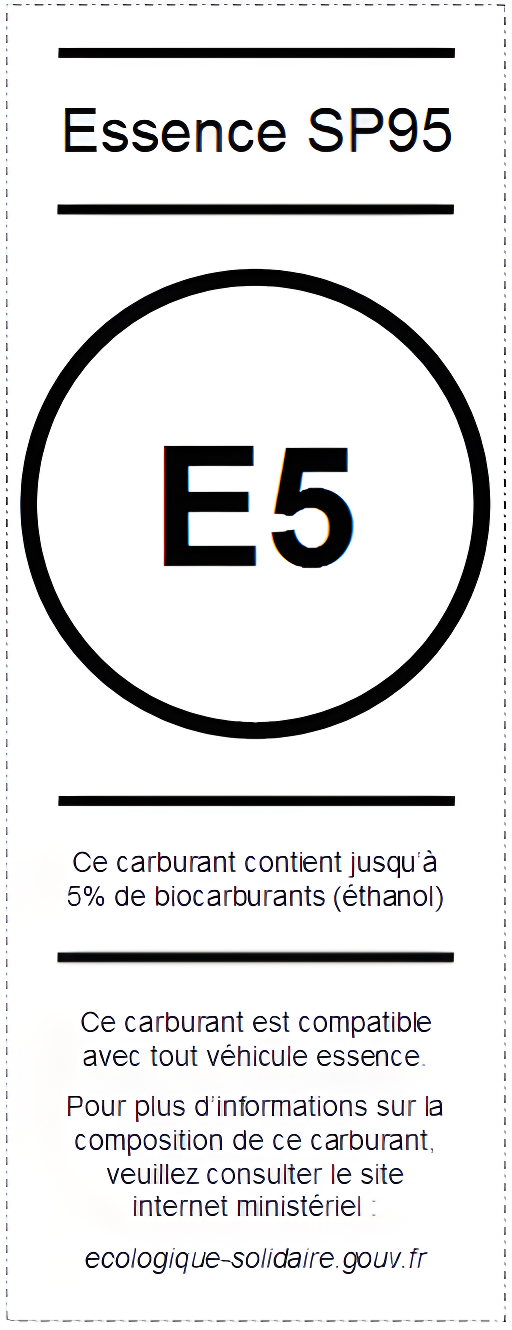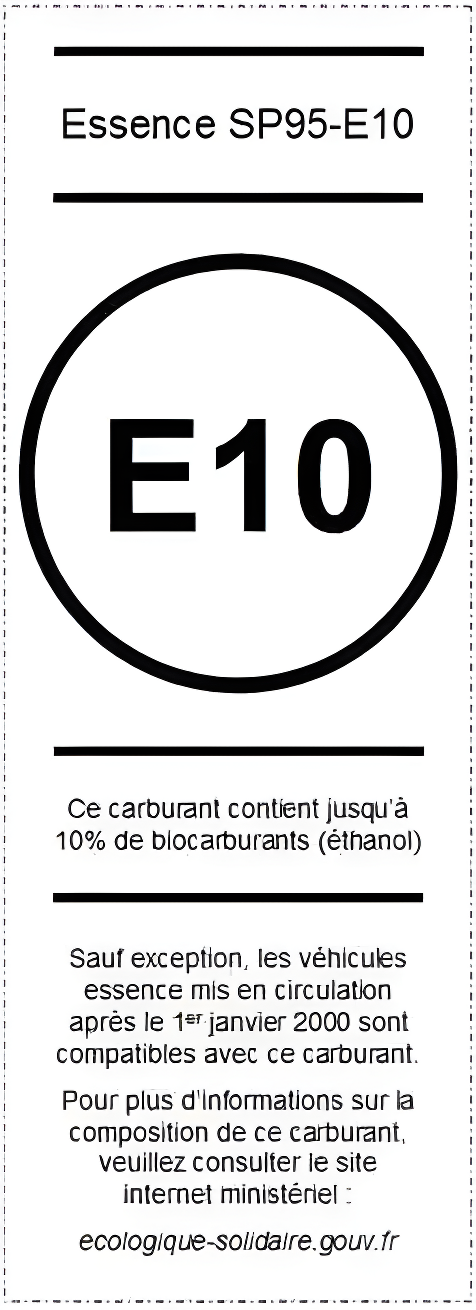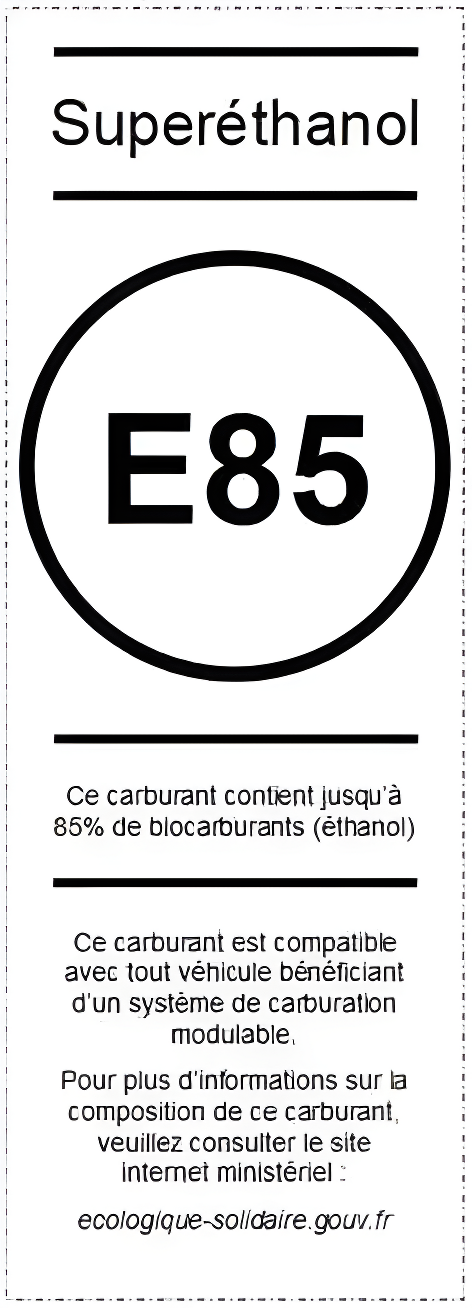LE BIOETHANOL,A FUEL BY NATURE
Bioethanol, the most widely used biofuel in the world
Bioethanol is a biofuel intended for gasoline engines. It is the most widely used biofuel in the world. It replaces part of the fossil gasoline in petrol-type fuels.
It significantly reduces greenhouse gas emissions and decreases dependence on oil.
Uses of bioethanol in fuels
Bioethanol can be incorporated into gasoline-type fuels in two forms: pure bioethanol and its derivative, ETBE.
Pure bioethanol
Ethanol can be directly blended into unleaded gasoline in proportions of up to 10% without requiring any engine modification, or up to 85% in Superethanol-E85, which is intended for factory-built flex-fuel E85 vehicles or vehicles equipped with an E85 conversion kit.
By increasing the fuel’s octane rating, ethanol improves combustion and thus helps reduce pollutant emissions.
Historically, it replaced lead in this role at the end of the 1980s.
This blending method is already widely used in France, either in pure form or as ETBE: ethanol is present in SP95-E10 gasoline at a level of 10%, and in Superethanol-E85, which contains up to 85% bioethanol.
The ETBE (Éthyl Tertio Butyl Éther)
ETBE is produced through a chemical reaction between bioethanol (47% by volume) and isobutylene (53% by volume), a substance mainly of petroleum origin.
It can be blended into SP95 and SP98 gasoline at up to 15%.
Bioethanol in all French gasoline fuels
Bioethanol is a fundamental component of gasoline fuels available at French service stations.
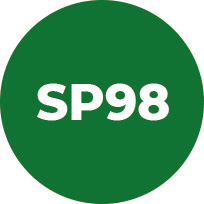
SP98
This fuel contains bioethanol only in the form of ETBE at a level of 15% (of which 50% comes from ethanol, equivalent to nearly 7.5% ethanol).

SP95-E5
This fuel contains up to 5% pure bioethanol and up to 5% ETBE, for a total equivalent of 7.5% ethanol.
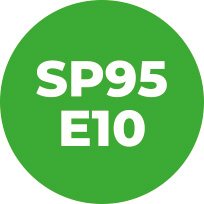
SP95-E10
This fuel contains up to 10% bioethanol and is compatible with most gasoline vehicles produced after the year 2000. In France, it most often contains 7.5% ethanol and 5% ETBE, for a total equivalent of 10% ethanol.
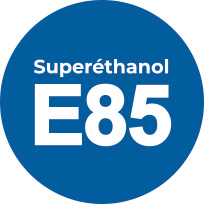
Superéthanol-E85
It is made up of 60% to 85% bioethanol, depending on the season. Ce carburant est particulièrement économique et nécessite un véhicule Flex Fuel ou un boîtier de conversion E85 homologué pour être utilisé.
Additional European labeling
For better clarity for consumers, a European directive provides for additional harmonized labeling for fuels in all service stations across the European Union member countries.
